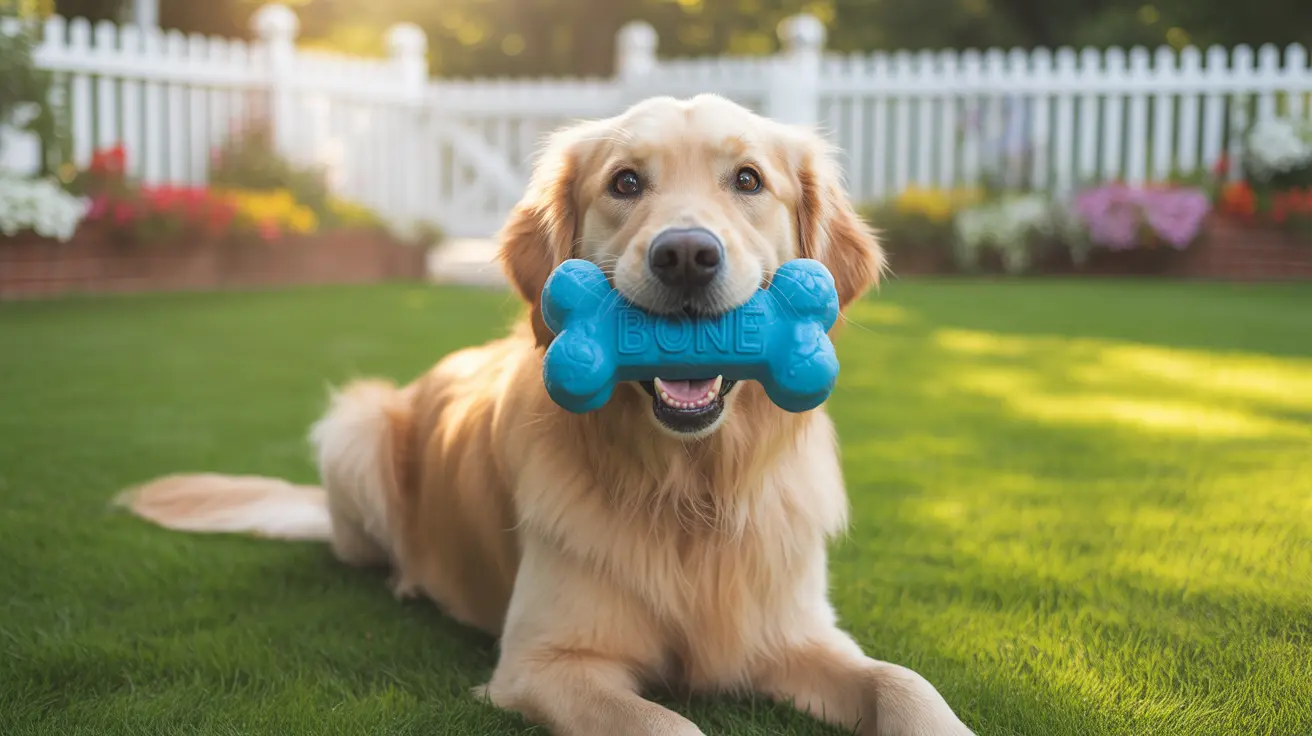As summer temperatures rise, you might be tempted to share your frozen treats with your furry friend. But before you offer that ice cream cone to your dog, it's crucial to understand the potential risks and health implications. While a tiny taste of plain vanilla ice cream might seem harmless, ice cream cones can pose several health concerns for our canine companions.
In this comprehensive guide, we'll explore whether dogs can safely eat ice cream cones, what risks they might face, and what alternatives you can offer instead. We'll help you make informed decisions about treating your pet while keeping their health and safety in mind.
Understanding the Risks of Ice Cream for Dogs
Dogs and dairy products often don't mix well. Most adult dogs are lactose intolerant, meaning their bodies lack sufficient enzymes to properly digest milk products. This can lead to uncomfortable digestive issues including diarrhea, vomiting, and bloating.
Beyond lactose intolerance, ice cream presents additional concerns:
- High sugar content contributing to obesity and dental problems
- Excessive fat that could trigger pancreatitis
- Artificial sweeteners, especially xylitol, which is toxic to dogs
- Potential allergens and artificial additives
The Ice Cream Cone Dilemma
While the cone itself isn't toxic, it's essentially empty calories made from flour and sugar. These ingredients can contribute to weight gain and offer no nutritional value for your dog. Additionally, hard cones can present a choking hazard, especially for smaller breeds or dogs who gulp their food.
Hidden Dangers in Ice Cream Flavors and Toppings
Not all ice cream varieties are created equal when it comes to dog safety. Several common ice cream flavors and additions can be dangerous or even deadly for dogs:
- Chocolate ice cream or toppings (toxic to dogs)
- Macadamia nuts or other tree nuts
- Sugar-free varieties containing xylitol
- Raisins or grape-flavored additions
- Coffee or espresso flavors
Safe Alternatives to Ice Cream Cones
Instead of sharing your ice cream cone, consider these dog-friendly frozen treats:
- Commercial dog-specific ice cream products
- Frozen plain yogurt (if your dog tolerates dairy)
- Frozen banana puree
- Frozen pumpkin treats
- Ice cubes made with low-sodium chicken broth
Frequently Asked Questions
Can dogs eat ice cream cones safely, and what are the potential health risks?
While ice cream cones aren't immediately toxic, they're not safe as regular treats. The main risks include choking hazards, empty calories, potential digestive issues, and complications from sugar content. It's best to avoid giving dogs ice cream cones entirely.
Why do dogs struggle to digest ice cream, and what are the symptoms of lactose intolerance in dogs?
Adult dogs typically lose the ability to produce lactase, the enzyme that breaks down lactose in dairy products. Symptoms of lactose intolerance include diarrhea, vomiting, gas, bloating, and stomach discomfort.
How can I make or choose dog-friendly ice cream alternatives to ensure my pet's health and safety?
You can make safe frozen treats using dog-friendly ingredients like plain yogurt, mashed bananas, or pumpkin puree. Alternatively, purchase specially formulated dog ice cream products from pet stores.
What are the most toxic ingredients in ice cream that I should avoid giving to my dog?
The most dangerous ingredients include xylitol (artificial sweetener), chocolate, macadamia nuts, raisins, and coffee. These can cause severe illness or even be fatal to dogs.
Can dogs have a little bit of vanilla ice cream as an occasional treat, or should it be avoided altogether?
While a small taste of plain vanilla ice cream occasionally won't harm most healthy dogs, it's better to avoid it entirely and opt for dog-specific treats instead. This eliminates risks associated with dairy intolerance and unnecessary sugar consumption.
Conclusion
While sharing ice cream cones with your dog might seem like a fun summer activity, the risks generally outweigh any momentary enjoyment. Instead, focus on providing your pet with specially formulated frozen treats that are both safe and enjoyable. Always consult with your veterinarian before introducing new treats into your dog's diet, especially if they have existing health conditions or dietary restrictions.






